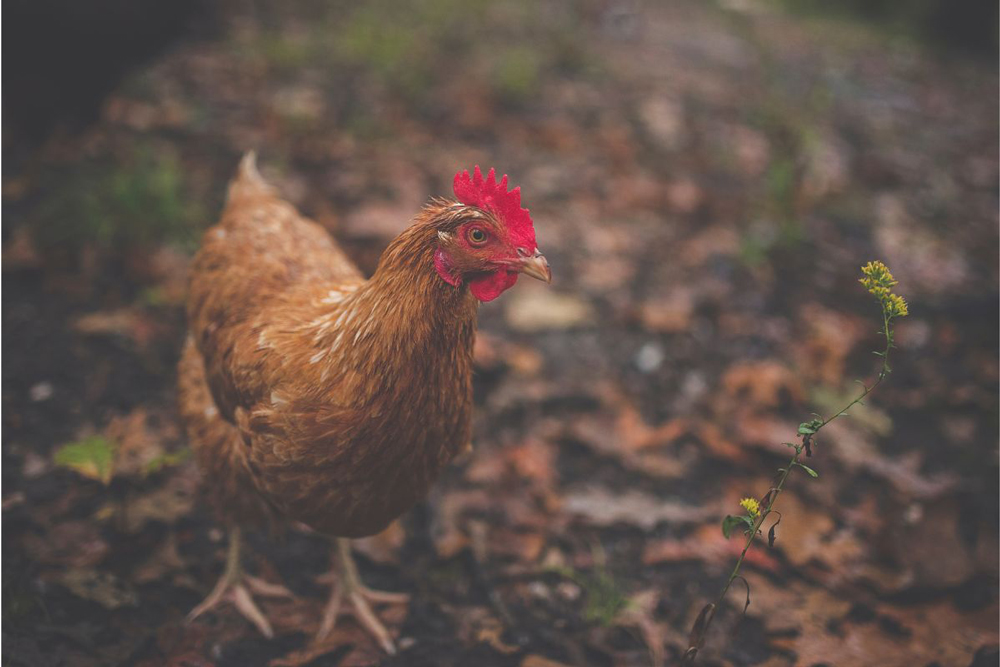NEW rules have been introduced to stop the spread of bird flu as cases soar.
Chief veterinary officers in England, Scotland and Wales have declared an Avian Influenza Prevention Zone (AIPZ) across Great Britain to mitigate the risk of the disease spreading amongst poultry and captive birds.
From midday last Monday it became a legal requirement for all bird keepers in Great Britain to follow strict biosecurity measures to help protect their flocks from avian flu.
Implementing the highest levels of biosecurity measures on a farm is the most effective way to reduce the risk of disease spreading within flocks, according to the Department for Environment Food and Rural Affairs (Defra).
The introduction of the AIPZ comes as the country faces its largest ever outbreak of avian flu, with 190 cases confirmed across the UK since late October 2021 – more than 30 of these since the beginning of this month.
The East of England has been particularly badly hit with outbreaks in poultry and captive birds, although there have been outbreaks in the South West and in wild birds at multiple sites across Great Britain.
Now keepers with more than 500 birds will need to restrict access for non-essential people on their sites, workers will need to change clothing and footwear before entering bird enclosures and site vehicles will need to be cleaned and disinfected regularly to limit the risk of the disease spreading.
Backyard owners with smaller numbers of poultry including chickens, ducks and geese must also take steps to limit the risk of the disease spreading to their animals.
The UK Health Security Agency (UKHSA) advises the risk to public health from the virus is very low and the Food Standards Agency advises that avian influenzas pose a very low food safety risk for consumers.
Properly cooked poultry and poultry products including eggs are safe to eat.
In a joint statement the chief veterinary officers for England, Scotland and Wales said: “Bird keepers have faced the largest ever outbreak of avian flu this year and with winter brings an even more increased risk to flocks as migratory birds return to the United Kingdom.
“All bird keepers must take action to help prevent the disease spreading to more poultry and other domestic birds.”

Related Articles
CoastalCrimeNews May 16, 20240
Man and woman suffered anti-Semitic abuse in Swanage attack
A MAN and a woman were subjected to anti-Semitic remarks during an assault in…
CrimeNews May 15, 20240
Woman in wheelchair spat at and her phone stolen in Poole street attack
A WOMAN in a wheelchair was assaulted and her phone stolen in a Poole…
CrimeNews May 15, 20240
Horse trailer seen being towed away by thieves
A HORSE trailer was stolen from a property in the Bockhampton area of Christchurch. Police…








Leave a Reply